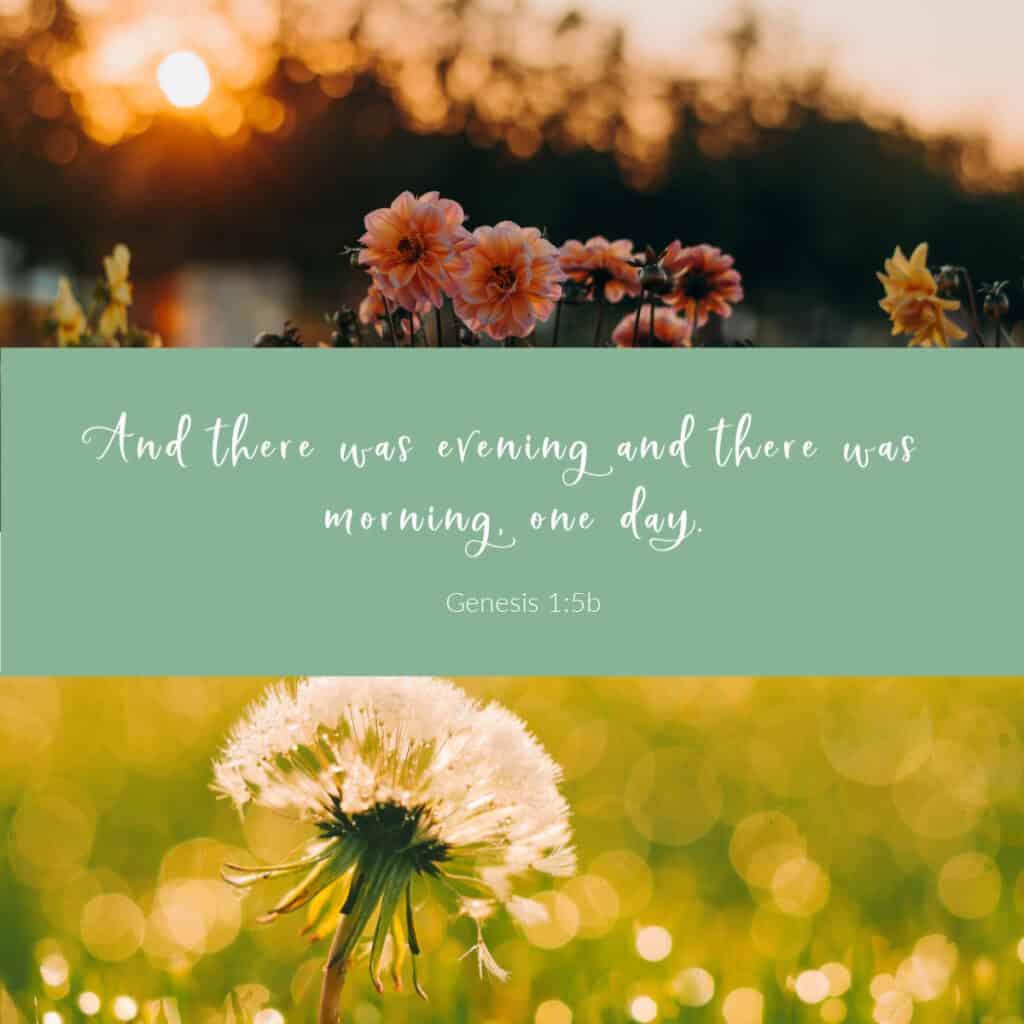My day goes so much better when I prepare and plan for it using evening and morning routines. Walking through a checklist or routine gives me confidence that I have not forgotten something crucial. But, how do I know I haven’t forgotten? Routines, by definition, are “sequences of actions regularly followed.” They are a set part of the day.
Routines do not just happen. They are methodically established by choosing specific tasks that move us closer to our goals and dreams. Our lives proceed more calmly and purposefully if our routines take in to consideration all aspects of our lives including spiritual, relational, professional, physical, etc. There are steps to creating successful routines.
Step 1: Reality Check
A routine starts with the discovery of what you do and what you need to do. Remember the Brain Dump from last week? As you made your list of activities, expectations, hopes, dreams, goals, etc., you should have seen categories like the ones listed above take shape. The daily activities in each category will populate your evening and morning routines.
Routines are often referred to as best practices when operating professionally. Best practices are the routines and procedures that are the most effective. In the home, we also need to consider what is best practice. Do you create more work for yourself by not finding the simplest method for accomplishing a task? The most common one I hear is washing dishes before you put them in the dishwasher. Really? Is that the most effective use of time?
Step 2: Recognizing Time Zones
Humans are creatures of habit. We tend to do the same thing at the same time every day. But we also tend to underestimate the time that tasks take and cause ourselves to be rushed. It is important to determine how much time we have and when it is available to establish routines that are effective and meaningful in our lives.
Using your planner, track how your time is spent this week. If you don’t use a planner, I have created a Time Tracking Grid as part of the packet available below. Each day record how the major blocks of time were spent. The packet contains sample pages to help you get started. Remember that your time during the COVID quarantine will most likely look different than your normal life. For now, evaluate the life you are currently living.
Step 3: Recognize Creation’s Patterns
At creation, God designed rhythms and patterns for our days. “…there was evening and there was morning, one day” (Genesis 1:5,8,13,19,23,31 NASB) Did you notice what comes first? Also, in Jewish tradition, the Sabbath and holy days always start at sundown and end at sundown. I knew this but it has only been in recent years that I have recognized its significance. In God’s plan, it appears that we prepare for what He calls us to do by being rested so that we can be clear-headed and fresh-minded when we start each morning. This means two things to me.
First, since I don’t go to bed at sundown, those hours need to be productively spent. In addition to completing today’s “to do” list, I also need to be preparing for tomorrow. I need to review my calendar, menu plans, clothing needs, etc. And, I need to be praying for the situations and people that I may encounter in the new day.
Second, in order to fulfill the calling God has on my life, I need to be rested. I don’t function well on very little sleep or poor-quality sleep. Restorative rest requires that I take care of my sleep apnea issues by using my CPAP, losing weight, and following my doctor’s instructions regarding bedtime routines. I also need to make sure that our bedroom where that needed restorative and rejuvenating rest takes place is peaceful, comforting, and restful.
Step 4: …There Was Evening
How do we start our day in the evening? We don’t give ourselves permission to just crash at the end of our work day. Each evening has a set of tasks that need to be accomplished. For me, these include:
- Dinner – Preparation, dining, cleaning up
- Relationship time – this is the overarching theme of most evenings: spending time with my husband
- TIDY – Take 5 minutes In every room. Dash in and pick up Your messes.
- Release your thoughts – spend time writings, drawing, whatever it takes to settle my mind from the days business
- Prepare for tomorrow – review my calendar, make the “to-do” list, then realize that it is too much and cross off all but the truly important.
- Refresh me – take care of my own physical, spiritual, and mental health with a good night’s sleep.
This is not an all-inclusive list and it will be different for each of us. Learn your needs, schedules, and cycles of life and those of your family. Out of that knowledge will come your evening plan.
Step 5: …And There Was Morning
The most important thing to remember about morning is that it does NOT start with the “to do” list. The “to do” list comes after you have prepared your heart, body and mind to face what the day will bring. My morning list looks like this:
- Move it! – start with stretching to minimize the pain of getting out of bed.
- Quiet time inspiration – Bible, prayer, and meditation
- Self-Care – check the blood sugars, take medications, and take supplements as directed by my physician.
- Relationship Care – have breakfast with the hubby and offer a kiss with encourage words for the day.
- Put on a happy face – shower, get the face on, and dress (I am recognizing the true importance of this even when I don’t leave the house! More on that in a future post.)
- Head upstairs to my home office to work.
Only after I have done these things am I ready to even look at my “to do” list! I now work from home so this has changed from commuting with my husband four days a week. But, the most important truth that I need to always keep before me is found in Colossians 3:23 “Whatever you do, do your work heartily, as for the Lord rather than men” (NASB). If I loose sight of that, the items crossed off my “to do” list mean very little.
Step 6: Remember the Principle of One Day
We are only granted one day, hour, and moment at a time. The number of our days is in God’s hands and He expects us to make each one count as they are granted to us. Does that mean that we are to be constantly on the go and never stop doing? Definitely NOT! Depending on your season of life, your most important task will be very different.
For the new mom, it may be finding a few minutes to nap and refresh your body. AS the mom of toddlers, it may be to find a moment of peace in a noisy day to refresh your mind with a few minutes of reading or adult conversation. For the mom of teens, it may be those moments waiting in the car dashing to the next activity to read, pray, or nap. Your most important task is to nourish your heart, mind, and soul with whatever You need. Only then are you able to effectively give of yourself to others.
If you are an empty-nester like me, it may be realizing that you are not alone. Your children may have moved into their own adult lives, but your role hasn’t ended. It has just changed. It’s time to learn to enjoy the quiet so you are prepared for those times when they all come home. I love those times of family gatherings but admit that they can be exhausting.
Be Encouraged
Be encouraged today that we all get to choose how we spend the hours of our days. Don’t get so caught up in doing that you forget to take time to care for yourself! But don’t get so caught up in self that you forget to look outward. Thoughts for another post…
Please take the time this week to discover where you spend your time so you can begin to develop the routines you need for effective living. Let me know if you are struggling and how I can pray for you. I sincerely desire to speak into your life in a way that brings hope to you and your home.
Thank you for allowing me to share my heart for my home and yours!



